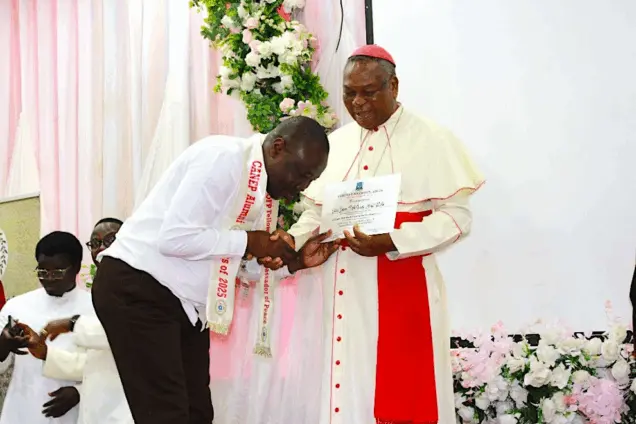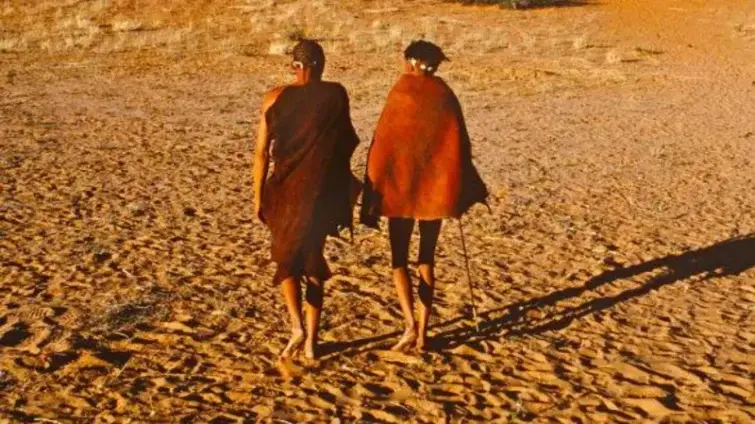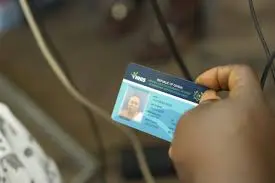The saga surrounding Gabon’s ousted President, Ali Bongo, took another turn this week as he was freed and flown to Angola, marking a new chapter in the aftermath of the 2023 coup. The move follows weeks of uncertainty after Bongo’s removal from power, his initial house arrest, and the subsequent release of his wife and son, who are facing serious corruption charges. The situation continues to raise questions about the stability of Gabon’s political future and the reach of international influence.
The ousting of Ali Bongo in 2023 ended his 14-year rule, which followed his father’s four decades in power. The coup, led by Brice Oligui Nguema, cited concerns over the integrity of the election process. Initially placed under house arrest, claims circulated regarding the extent of Bongo’s freedom of movement, adding layers of complexity to an already tense situation. The recent developments further complicate the narrative.
The Angolan Presidency officially announced Bongo’s arrival in Luanda. Images released showed him being greeted upon arrival, seemingly confirming his liberation and safe passage. It was further confirmed that Bongo’s family, including his wife and son, have now joined him in Angola, following their release from detention amid ongoing legal proceedings.
The corruption allegations against Sylvia and Noureddin Bongo remain a central aspect of the unfolding drama. They face accusations of embezzlement, forgery, money laundering, and falsifying documents. Mrs. Bongo’s lawyer has decried her detention as arbitrary and illegal, while prosecutor Eddy Minang announced their provisional release due to health concerns, clarifying that the legal proceedings would continue. Ali Bongo himself has condemned what he describes as violence and torture against his wife and son, claims that authorities have denied.
The release of Ali Bongo and his family has drawn varied reactions on the international stage. Angolan President João Lourenço’s visit to Libreville for talks with Brice Oligui Nguema underscores the diplomatic efforts at play. Opposition leader Alain Claude Bilie-by-Nze has voiced concerns over international demands and potential abuse of power. Gabon’s recent reinstatement into the African Union, with Mahmoud Ali Youssouf’s hopes for constitutional restoration, signals a move towards reintegration, even as resistance to civilian rule persists in other West African nations like Mali, Niger, and Burkina Faso.
What’s next for Gabon and the Bongo family remains uncertain. The legal battles involving Sylvia and Noureddin Bongo are set to continue, potentially casting a long shadow over the family’s future. The implications of Ali Bongo’s departure for Gabon’s political stability and governance are yet to be fully understood. Whether further international pressure or mediation will occur remains a possibility.
The release of Gabon’s ousted President, Ali Bongo, and his family represents a pivotal moment. While now residing in Angola, the corruption charges against his wife and son persist. Gabon’s future trajectory remains unclear, though the African Union’s renewed inclusion and ongoing international scrutiny may guide the nation towards stability. This unfolding narrative warrants close attention from regional and global observers alike.
Image Source: MYJOYONLINE





















